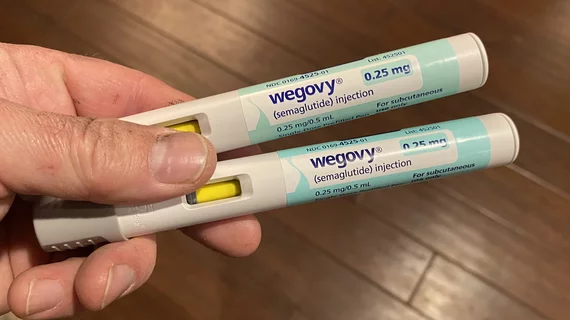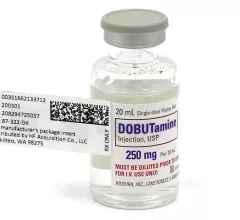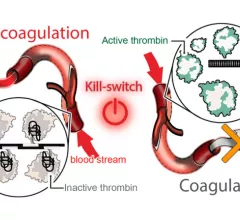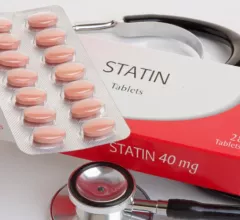Pharmaceutics
This page contains key pharmaceutical news on drug recalls, FDA clearance, safety communications and research. In cardiology, key pharmaceutic agents include antiplatelet therapies, anticoagulants, hypertension drugs, and drugs for heart failure and arrhythmias.
Displaying 329 - 336 of 406





![A majority of medical devices involved in Class I recalls were never required by the U.S. Food and Drug Administration (FDA) to undergo premarket or postmarket clinical testing, according to new research published in Annals of Internal Medicine.[1]](/sites/default/files/styles/top_stories/public/2024-09/istock-1209664264.jpg.webp?itok=gQInU1vO)







